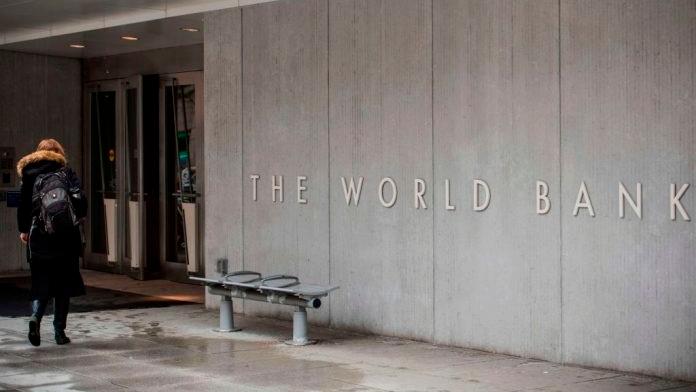PETALING JAYA: Despite its immense potential, Malaysia has underachieved, said the World Bank chief economist of the East Asia and Pacific region Aaditya Mattoo.
“Malaysia is a country which has underachieved. It has tremendous potential and it should not be satisfied with the growth rates that we are seeing,” he said during the World Bank Media Conference – East Asia and Pacific Economic Update Report Launch on Monday.
The World Bank has maintained its forecast for Malaysia’s economy to grow 4.3% this year, as household spending accelerates amid moderate inflation, but flagged narrow fiscal space and potential downside from external risks.
“I think the growth we projected is 3.7% last year, 4.3% in 2024. It’s really big on the back of private consumption and improvement generally,” he added.
In terms of debt, he pointed out that while government debt is not considered high, it has seen a significant increase in the wake of the pandemic.
However, the economist noted that household debt is relatively
high, comprising 60% to 70% of GDP.
Meanwhile, corporate debt also stands relatively high, at more than 80% of GDP.
“Malaysia is a relatively open economy and therefore these high global interest rates do have an effect on the country,” Mattoo said.
He highlighted the ongoing household income support measures in Malaysia which have been sustained beyond the initial phase of the pandemic.
As Malaysia relies heavily on exports as a key driver of economic growth and development, the economist noted that the recovery of exports is poised to benefit the country.
However, he cautioned that Malaysia is exposed to China as its largest trade partner, accounting for 17.1% of Malaysia’s total trade in 2022.
“So the slowing growth in China is going to be a problem,” said Mattoo.
In addition, he mentioned that Malaysia stands to benefit from the tech cycle, particularly in electronic and electric exports.
“Malaysia is already benefiting from significant relocation of semiconductor and other production integrated circuits from China to Penang.
“So there are positive signs.”
However, Mattoo highlighted that Malaysia has continued to restrict competition, especially in its services sector.
“It made a remarkable transition from commodities to manufacturing, but the transition to more sophisticated manufacturing, to more sophisticated services – that has been stunted.”
Furthermore, he addressed the phenomenon of Malaysian skilled individuals choosing to work in Singapore rather than staying in Malaysia.
“The challenge for Malaysia is to generate that virtuous cycle between creating human capacity and encouraging or creating new opportunities for Malaysians within Malaysia in a way that it hasn’t quite done yet,” he said.









